Discussing in Group 1, the National Assembly Deputies of Hanoi affirmed that the Draft Documents to be submitted to the 14th National Party Congress had been carefully and meticulously prepared and had many profound new points. Opinions also highly appreciated the Party building work being integrated into the General Report instead of being separated. This contributed to increasing generality, demonstrating the connection between Party building work and socio- economic development.
Governance based on transparent laws and reliable data
Speaking at the group meeting, General Secretary To Lam highly appreciated the opinions of the delegates, not only contributing to major policies but also raising many specific, profound and new issues. The General Secretary stated that these opinions will be studied and absorbed in the process of finalizing the documents of the 14th National Party Congress.
The General Secretary also spent time analyzing and emphasizing a number of issues related to economic growth targets and the national governance model.
Regarding the socialist-oriented market economy, the General Secretary emphasized that if a market economy is defined, competition is the driving force of development and there will inevitably be a gap between the rich and the poor. However, the path we have chosen must be linked to social security, ensuring that the gap between the rich and the poor does not widen, so that everyone has the opportunity to develop and live equally. The goal is not only economic growth but also building a fair and humane society.
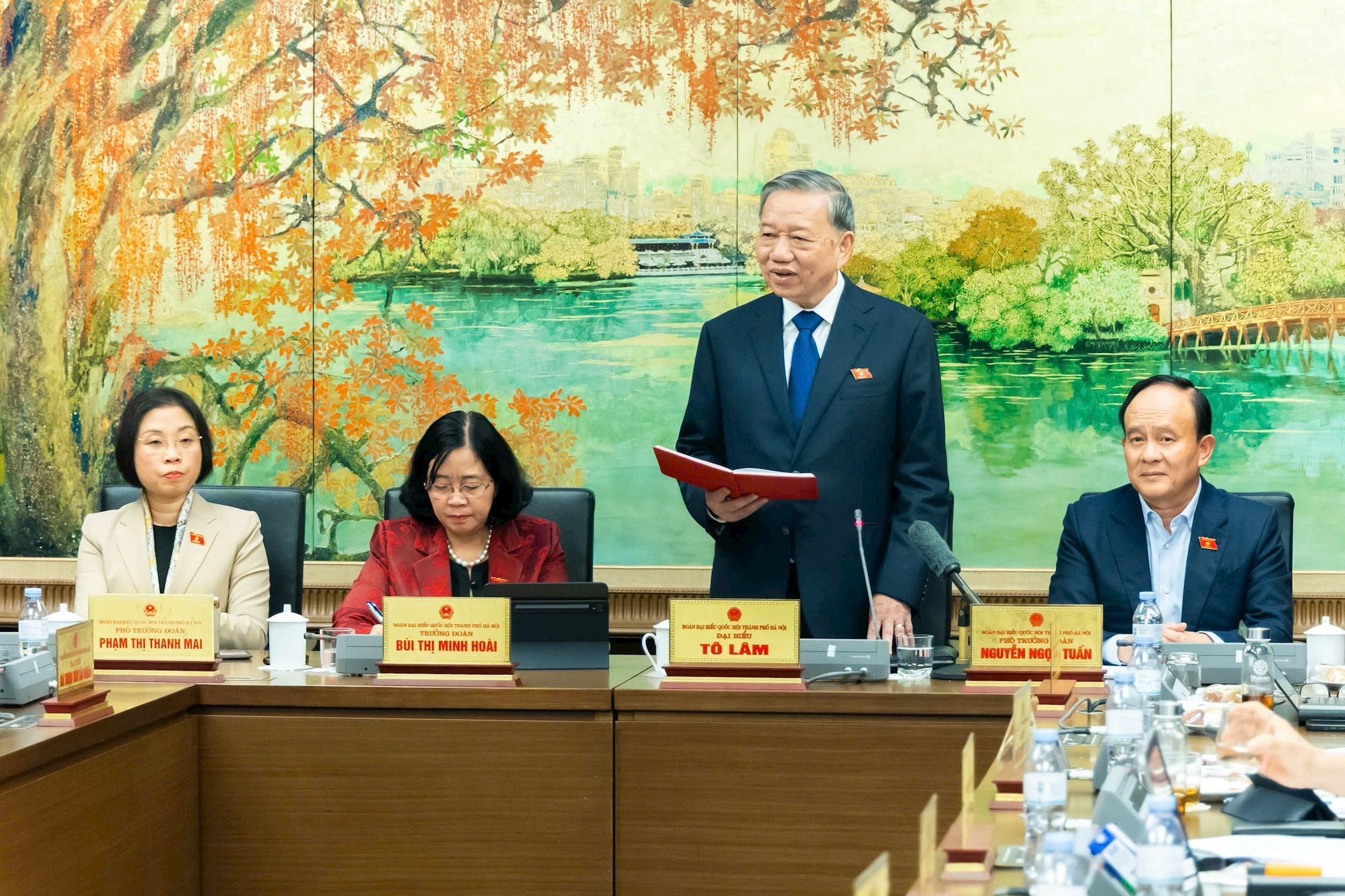
The General Secretary pointed out that science and technology is the shortest and fastest way to develop the country, but it requires us to have new thinking, vision and proactive innovation to choose what is appropriate, not just stop at seeing what is good and do it. Therefore, the national governance model in the coming period must be governance based on transparent laws and reliable data.
The General Secretary also mentioned the importance and potential of the marine economy and agricultural economy. From lessons and practical experience, the General Secretary emphasized the need to calculate, account for and choose the most effective. In the near future, the Politburo and the Central Committee are preparing to issue a number of important resolutions, first of all the Resolution on the state economy, in addition to the Resolution on the private economy that has been issued and the Resolution on solutions to promote double-digit growth.
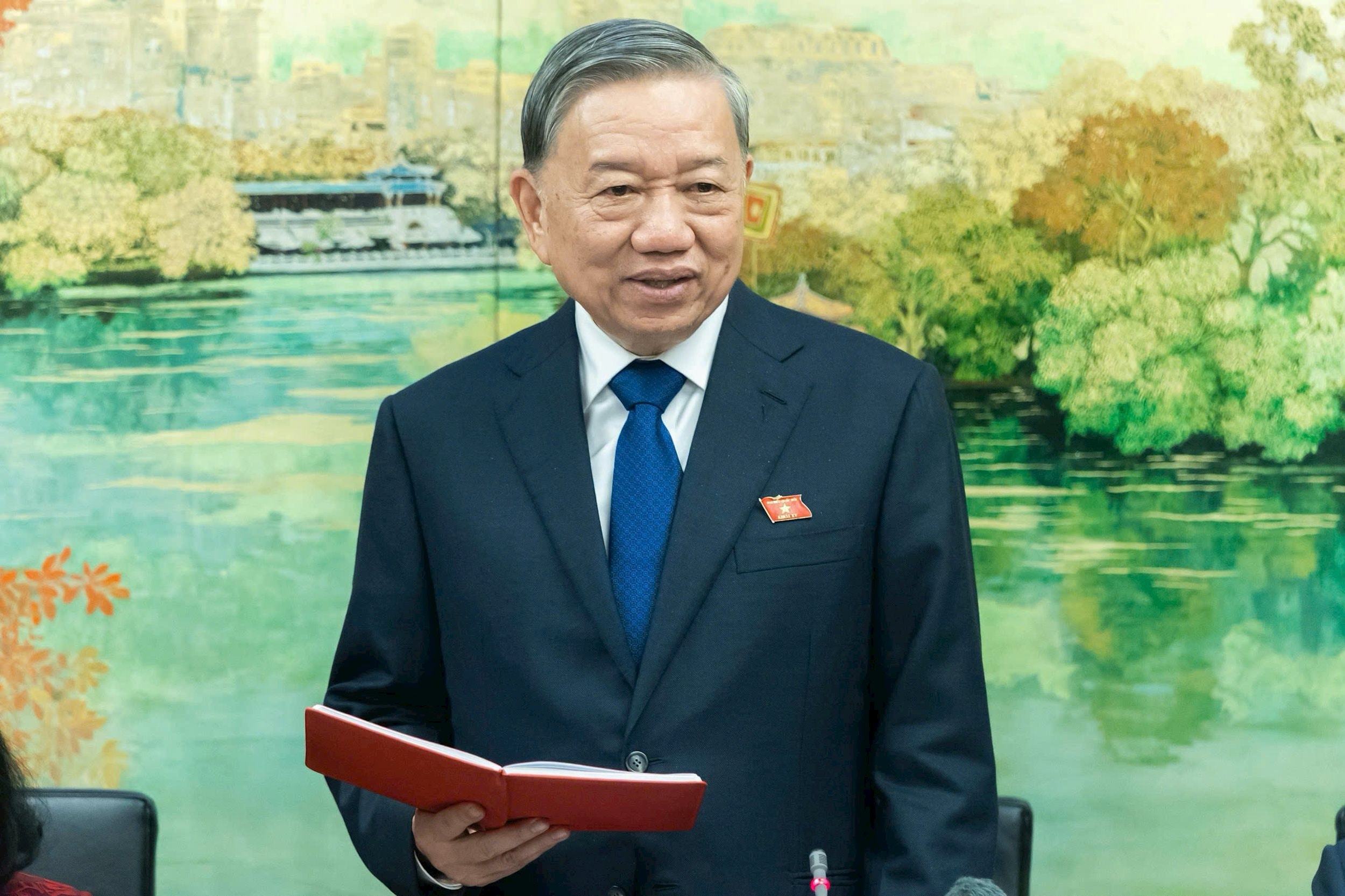
According to the General Secretary, there must be specific, strong, and synchronous solutions to achieve stable and sustainable double-digit growth. The solutions must be carefully researched, calculated, and implemented synchronously, with the goal of achieving development, stability, and sustainability. The criteria, roadmap, and methods must be clearly defined, without haste.
B ensures consistency and coherence in the document system
Contributing opinions in the two health sectors, National Assembly Deputy Tran Thi Nhi Ha observed that the draft documents clearly identified the need to build a grassroots health system as the foundation, with preventive health as the focus; enhance equity and health coverage; and increase public investment in health. However, the health development orientations in the draft Action Program are still not really commensurate with the expectations of the Party and State and the requirements of health development in the new era; and are not closely linked to the Central Committee's specialized resolutions, especially Resolution No. 72 on health breakthroughs, development of pharmaceutical and vaccine industries, grassroots health and digital transformation of health.
"I propose that it is necessary to include in the Action Program the synchronous implementation of new specialized resolutions of the Central Committee on the fields of health and social security, ensuring consistency and connection in the system of documents, considering this an important foundation to improve the healthy living index of the people," delegate Tran Thi Nhi Ha proposed.
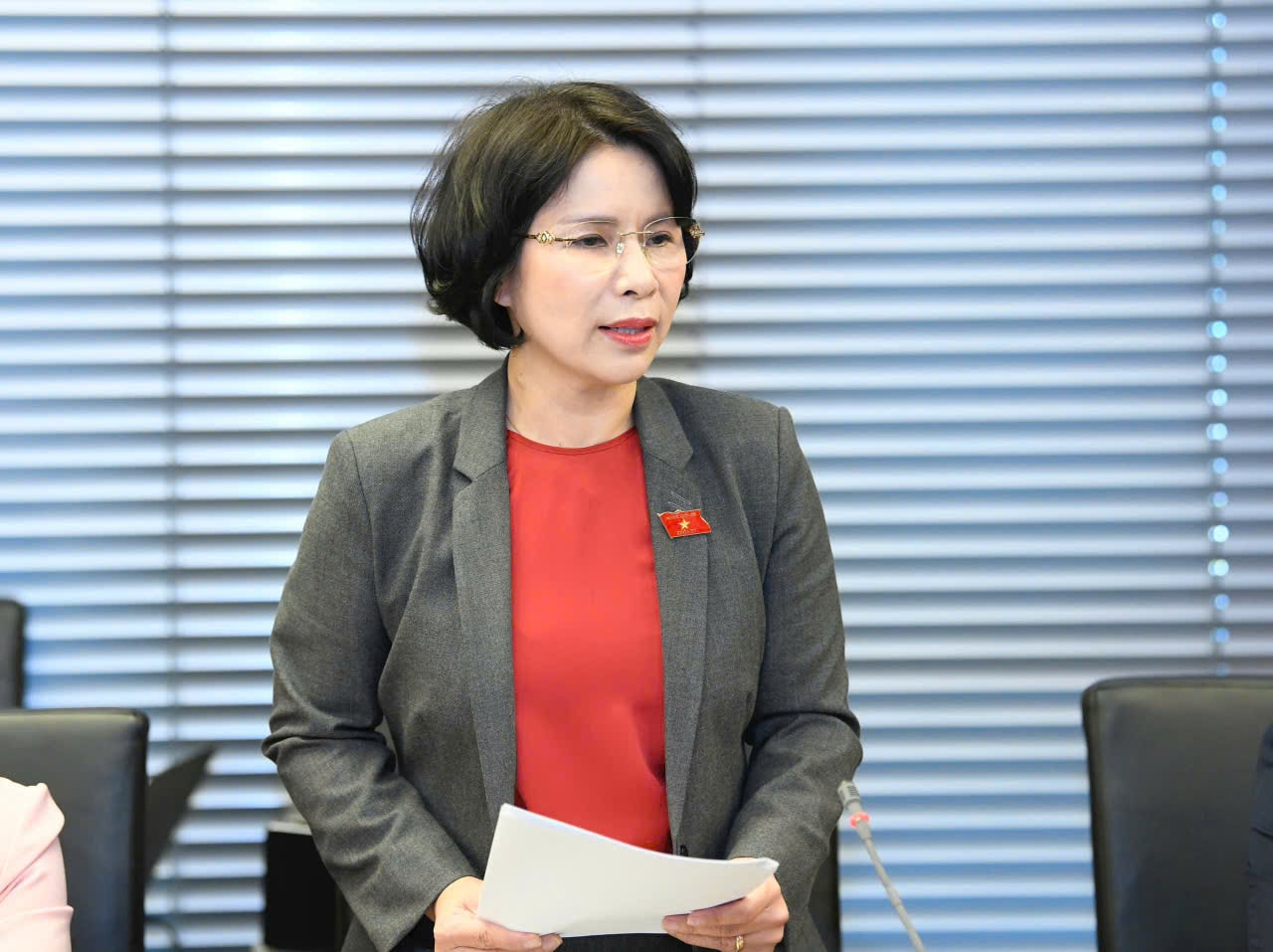
Analyzing the principle of primary health care as the foundation, the delegate said that primary health care is not only the "front line" in disease prevention and control, but must be a comprehensive health care system throughout the life cycle, including prevention - treatment - rehabilitation - health education. Vietnam has a special advantage with a widespread system of commune and ward health stations, but its operations still lack connectivity. Therefore, the primary health care system is only truly effective when associated with the family doctor model, continuous care, and electronic health records, so that each person's health is managed and cared for early and remotely.
Regarding the principle of universal health coverage, delegate Tran Thi Nhi Ha said that health coverage is not only the rate of people participating in health insurance, but more importantly, the coverage of essential health services. There needs to be a policy to ensure people have access to essential health services in terms of distance, time and quality, especially emergency services during the "golden hour". From there, it is necessary to build a health network suitable for each locality, control widespread referrals, reduce overload at upper-level hospitals, while remote and isolated areas lack health services.
Regarding smart healthcare and digital transformation, delegates said that the World Health Organization (WHO) considers this a tool to achieve equity and universal health coverage. Smart healthcare is not only electronic health records but also includes open data, artificial intelligence in diagnosis, smart management, and disease warning systems. We need to aim for the goal of "building a humane digital healthcare ecosystem", because only technology can help the healthcare system reach all people, so that no one is left behind...
Regarding the field of education, delegate Tran Thi Nhi Ha pointed out that the draft document affirms that education is the top national policy and the key driving force for development, and needs to be fundamentally and comprehensively reformed. Therefore, the delegate proposed to add a number of specific tasks in building a modern national education system, on par with the region and the world.
First of all, increasing public investment in education is a strategic task. Education is a basic right and an essential public service that cannot be over-commercialized. According to the delegate, the draft Political Report clearly pointed out: Non-public education is an important component, but the current state of socialization of education shows signs of deviation. Public investment is decreasing, socialization is increasing but there is a lack of quality control mechanism, leading to regional inequality; tuition fees are increasing while quality is not commensurate. Therefore, it is necessary to promote public investment in education, with specific targets like other key areas.
At the same time, it is necessary to build a national capacity framework to ensure that the education system is closely linked to socio-economic development, the labor market and adaptation requirements in the digital age.
Delegate Tran Thi Nhi Ha analyzed that currently, Vietnam only has a National Qualifications Framework, mainly based on degrees; while the National Competency Framework needs to describe competencies, skills, and professional behaviors, and is a tool to connect education, vocational training, and employment. This is the foundation for standardizing the quality of Vietnamese human resources, ensuring connectivity, integration, and adaptation to digital transformation.
In addition, regarding the construction of a mechanism to ensure equality, inclusion and lifelong learning, the delegate stated that the policy of "building a learning society and promoting lifelong learning" has been stated, but has not been specified by legal and financial mechanisms. The delegate proposed to add a solution to establish a "National Learning and Capacity Development Fund", to sponsor people to re-study and change careers, similar to the model of some developed countries, helping all people to learn and develop throughout their lives.
Bringing Vietnamese culture to the world with Vietnamese technology
National Assembly Deputy Bui Hoai Son agreed with and highly appreciated the spirit of innovation, strategic vision as well as the comprehensiveness of the Draft Political Report. In particular, the delegate especially appreciated the placing of cultural and human development on par with economic, political and social development, considering this as the spiritual foundation, endogenous resources and regulatory system for the country's rapid and sustainable development. "This is not only the inheritance of the Party's viewpoints in previous Congresses, but also a new step in development thinking, from awareness to action," delegate Bui Hoai Son emphasized.
.jpg)
The Draft Document clearly affirms: “Developing human resources and developing culture truly becomes the foundation, endogenous strength, and great driving force for the rapid and sustainable development of the country”. Delegates assessed that this is not only a declaration on the role of culture, but also a repositioning of culture in the national development model - from a field considered “soft” to a “hard” resource, contributing to creating the overall strength of the nation.
The delegate also emphasized that the content on building and implementing the national value system, cultural value system, family value system and Vietnamese human standards is one of the most important pillars of this Draft. This is the "cultural gene code" of the nation, the spiritual foundation to help strengthen the great solidarity bloc, enhance social resistance, and guide the lifestyle and behavior of Vietnamese people in the era of globalization.
"The deep integration of these value systems into education, communication and grassroots life not only contributes to shaping the personality and character of Vietnamese people in the new era, but also creates soft power, helping Vietnam integrate equally and confidently with the world. However, if these value systems are concretized in the Political Report, when implemented, higher unity in action will be achieved," noted delegate Bui Hoai Son.
Along with that, the delegate also pointed out a new strategic point in the draft document, which is the emphasis on developing the cultural industry, entertainment industry, heritage economy and cultural services. These are areas that both affirm national identity and open up new economic space in the knowledge economy. In fact, culture is not only a "spiritual foundation" but also becomes a driving force for growth. We will have another pillar of the creative economy, contributing to increasing the proportion of cultural industry in GDP, while enhancing Vietnam's image in the international arena.
"I propose that the Central Government, in the Action Program, needs to have breakthrough policies on finance, credit, copyright and investment for cultural creation, especially support policies for cultural enterprises, artists and grassroots cultural institutions," delegate Bui Hoai Son suggested.
The Draft Document also sets out the requirement for comprehensive development of Vietnamese people in terms of ethics, intelligence, physical fitness, aesthetics, life skills and creativity, considering people as both the target and the subject of development. However, in order for the orientations to become reality, delegate Bui Hoai Son emphasized, "it is necessary to have a mechanism to specify the responsibilities of each level and each sector, especially in education, communication, cultural environment and social management. It is necessary to consider the goal for people as the core of all development policies and "investment in culture, for people" is the investment with the highest economic and social efficiency".
Source: https://daibieunhandan.vn/tong-bi-thu-to-lam-phai-co-giai-phap-cu-the-manh-me-dong-bo-de-tang-truong-hai-con-so-on-dinh-ben-vung-10394385.html


![[Photo] Ca Mau "struggling" to cope with the highest tide of the year, forecast to exceed alert level 3](https://vphoto.vietnam.vn/thumb/1200x675/vietnam/resource/IMAGE/2025/11/04/1762235371445_ndo_br_trieu-cuong-2-6486-jpg.webp)

![[Photo] Panorama of the Patriotic Emulation Congress of Nhan Dan Newspaper for the period 2025-2030](https://vphoto.vietnam.vn/thumb/1200x675/vietnam/resource/IMAGE/2025/11/04/1762252775462_ndo_br_dhthiduayeuncbaond-6125-jpg.webp)
![[Photo] Ho Chi Minh City Youth Take Action for a Cleaner Environment](https://vphoto.vietnam.vn/thumb/1200x675/vietnam/resource/IMAGE/2025/11/04/1762233574890_550816358-1108586934787014-6430522970717297480-n-1-jpg.webp)

![[Photo] The road connecting Dong Nai with Ho Chi Minh City is still unfinished after 5 years of construction.](https://vphoto.vietnam.vn/thumb/1200x675/vietnam/resource/IMAGE/2025/11/04/1762241675985_ndo_br_dji-20251104104418-0635-d-resize-1295-jpg.webp)

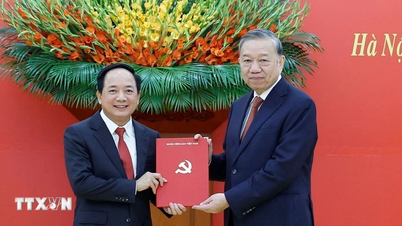

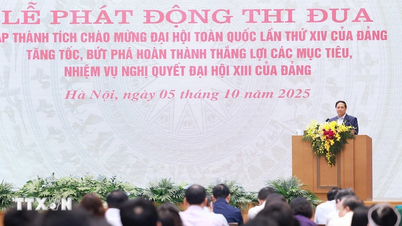
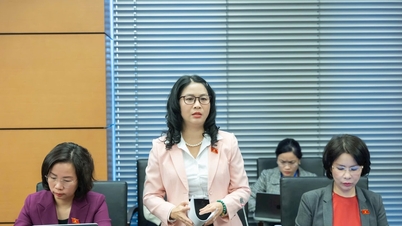
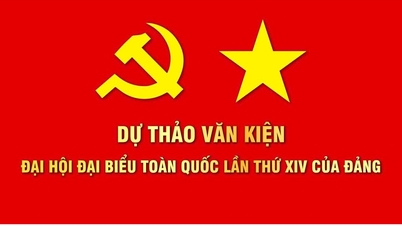

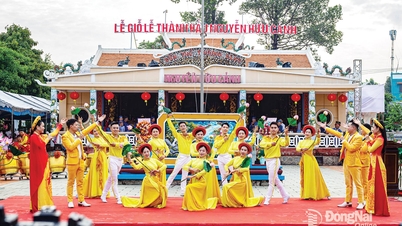

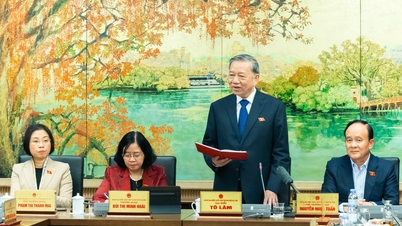




![[Photo] Prime Minister Pham Minh Chinh chairs the 20th meeting of the National Steering Committee on combating illegal fishing.](https://vphoto.vietnam.vn/thumb/402x226/vietnam/resource/IMAGE/2025/11/04/1762267178314_dsc-0115-jpg.webp)

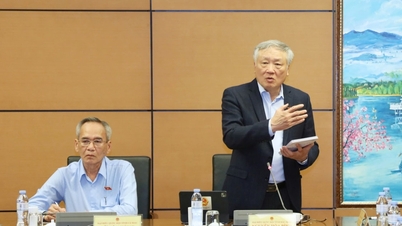
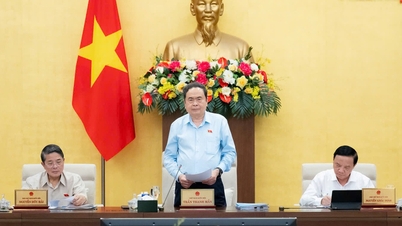





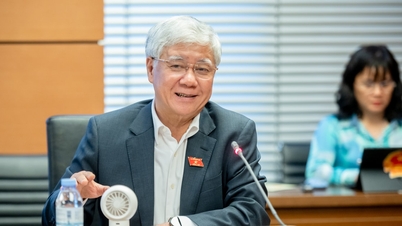
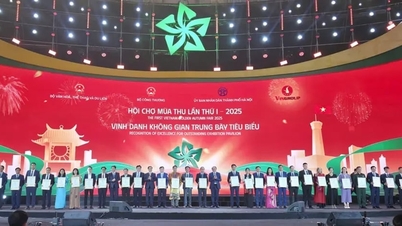
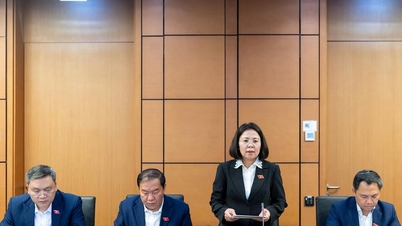
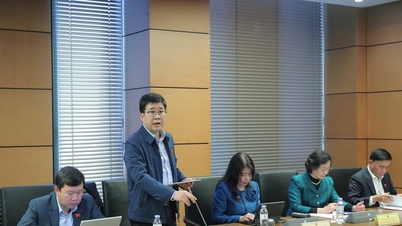
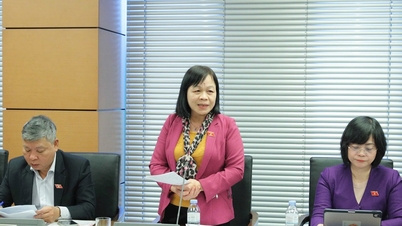
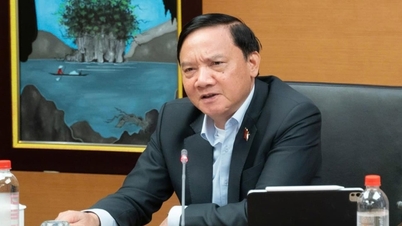





















































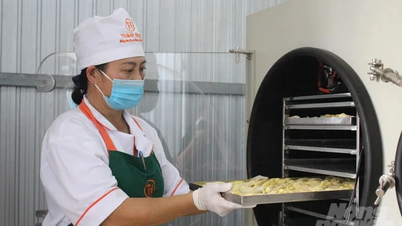

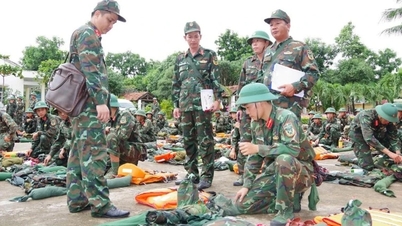










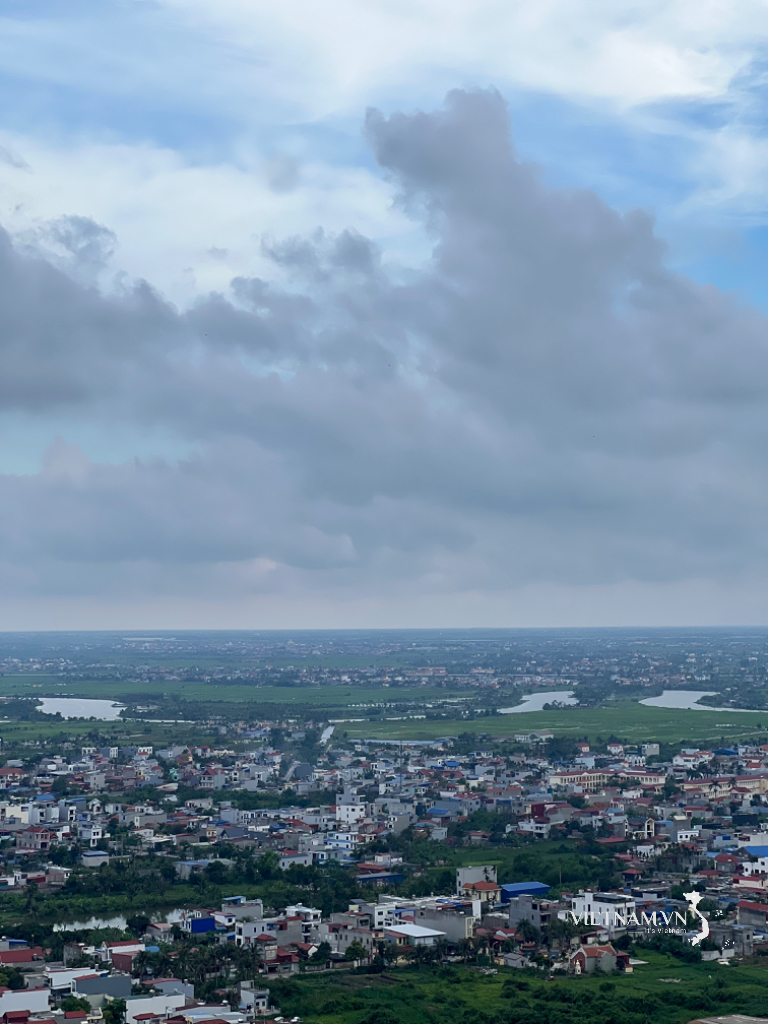

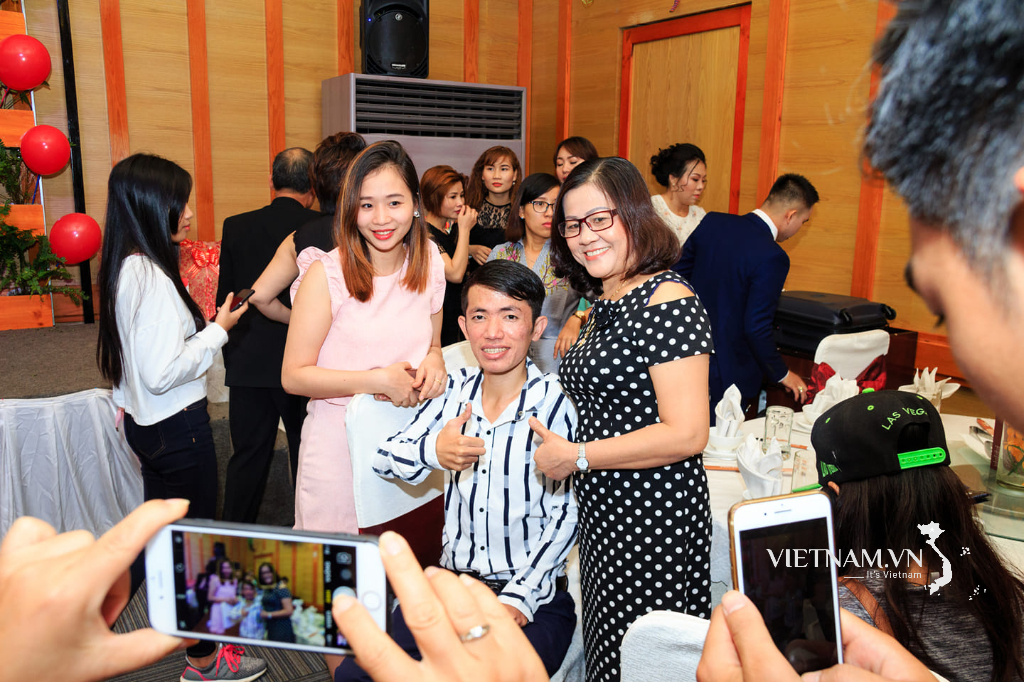
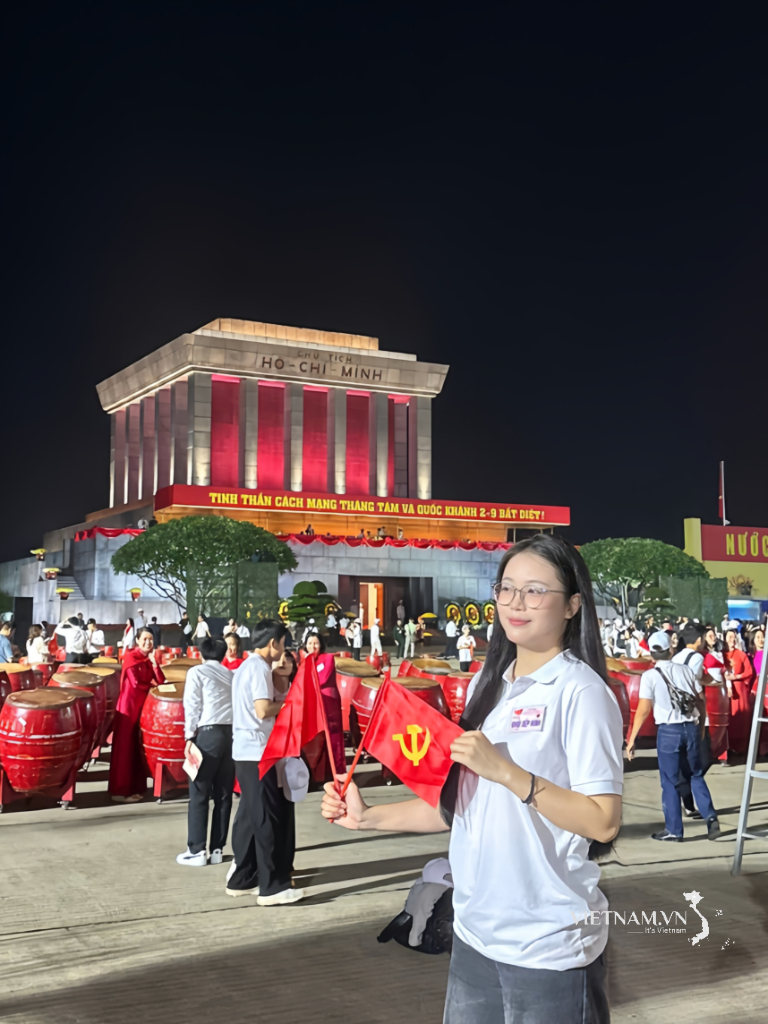
Comment (0)